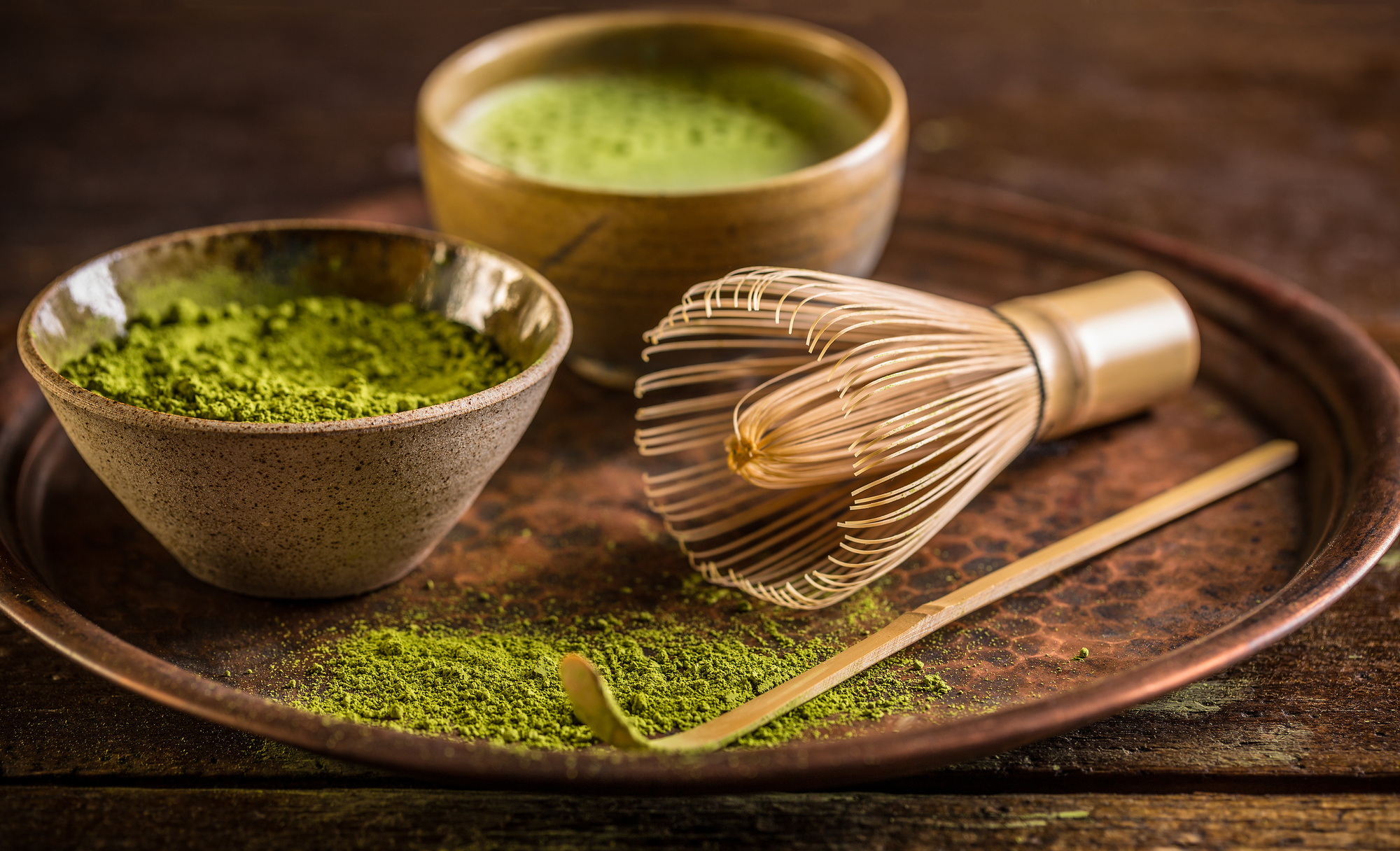
As an athlete, you know what you consume isn’t just food – it’s fuel for your body.
Finding the right fuel, however, is a point of contention. One source of fuel that everyone can agree on is matcha green tea.
Matcha green tea offers triathletes, and athletes generally, much of what they look for in a supplement or even a pre- or post-training pick-me-up. It’s packed with caffeine, encourages thermogenesis, and filled to the brim with nutrients you won’t find even in other teas.
Why choose matcha as part of your training program? Read more now.
1. Better Source of Caffeine
Caffeine: It’s in our supplements and our to-go cups. But what is your source of caffeine doing for you?
Matcha offers improved advantages over other caffeine sources like coffee. Both its nutritional makeup and your metabolism play a role.
A cup of matcha contains L-Theanine, which encourages your body to process caffeine sustainably. Rather than giving your nervous system a jolt, it creates a calmer sense of alertness.
You’ll also find L-Theanine in supplements for its focus and concentration-boosting properties.
Why choose matcha as your primary source of caffeine? Because you get all the benefits of caffeine with none of the crash.
2. Phytonutrients and Antioxidants
Matcha green tea boasts a list of phytonutrients and antioxidants that’s hard to beat. We know antioxidant is a buzzword that means about as much as “all natural,” but hear us out.
Tea leaves are all rich in these micronutrients, but match offers five times as much as any other food or tea.
The phytonutrients found in matcha are also incredible. Some of the benefits offered by tea include:
- Anti-carcinogenic
- Anti-microbial
- Anti-oxidative
- Anti-inflammatory
- DNA protective
- Neuroprotective
- Performance-boosting
In other words, matcha doesn’t only improve your performance – it strengthens your body to improve your physical health overall.
3. Improved Recovery
Every triathlete knows that engaging in three sports means you feel three kinds of sore. And we’re all on the hunt for miracle food that takes away the pain of the game.
One of the antioxidants found in matcha does just that.
A catechin called epigallocatechin gallate (EGCG) dominates matcha’s nutritional profile, and the tea market generally. EGCG gives matcha some of its best properties, but it also targets stress caused by sport. In one study, scientists found that EGCG prevented the destruction of muscle mass, which is huge for athletes recovering from intense training sessions.
4. Longer Endurance
Studies show that athletes enjoy improved endurance when they switch to match.
Matcha doesn’t give you superpowers. However, it regulates your heart rate and blood pressure to keep your body in check as you push harder in your training.
The combination of these properties with increased concentration and the slow release caffeine improves your overall performance to allow you to train for the Ironman you always dreamt about.
Make Your Next Cup Matcha Green Tea
Matcha green tea is a superfood that’s easy to find, make, and prepare for wherever your day takes you.
Ready for more tips to prepare for your next race? Get more health and fitness tips for triathletes right here.
